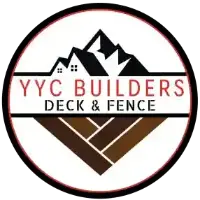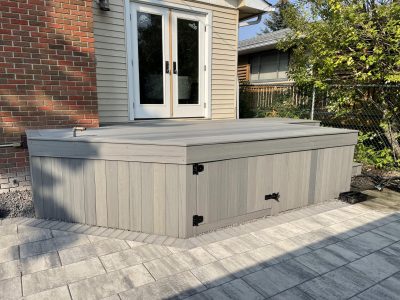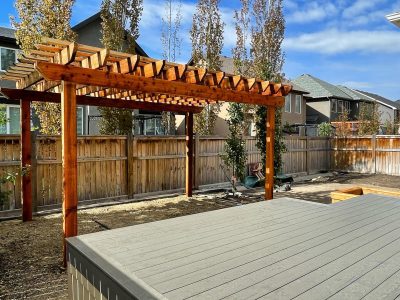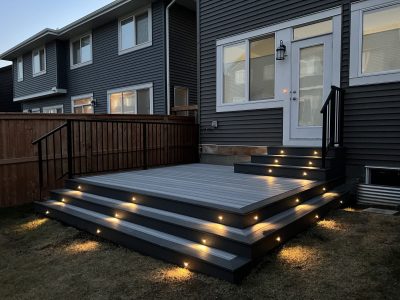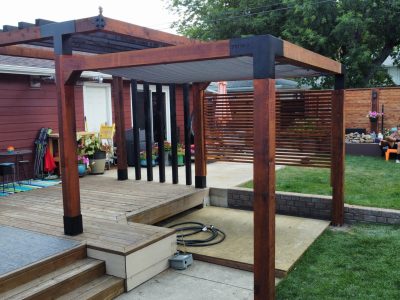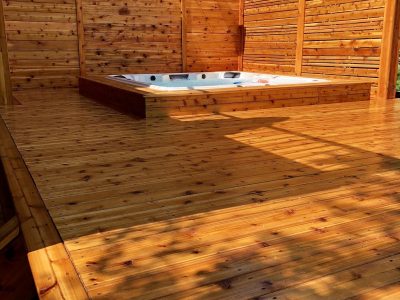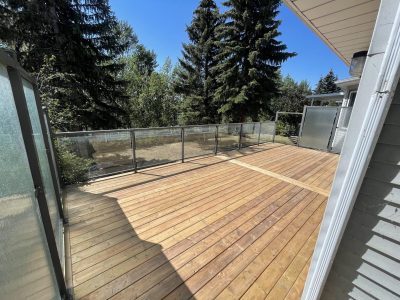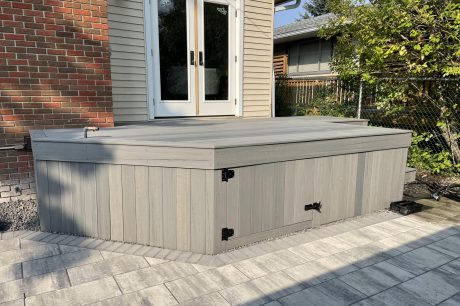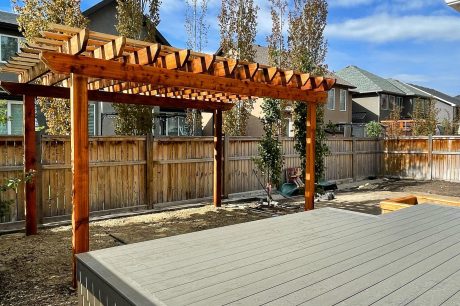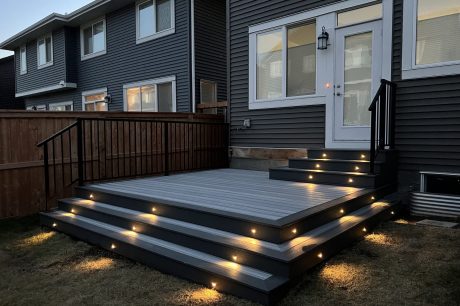Fences can serve unique purposes. Your house might need you to keep your possessions in and wild animals out, enhance looks, improve privacy, outline land boundaries, or boost security. Knowing the intended purpose of your fence is essential as it is going to allow you to determine the most acceptable height, material, and structure.
Benefits of Having a Fence
Although installing a fence provides many benefits, the following are possibly the most significant:
Fences enhance privacy and safety: Aside from being effective deterrents against prying eyes, fences decrease the chance of intrusion by preventing people from breaking in readily.
Fences act as obstacles: as well as keeping your children and domestic animals from drifting out, fences can stop wild animals like foxes and raccoons from getting in.
Fences add value: Installing a fence adds to the value of your house by earning your landscape and house more noticeable, especially in the event that you decide on a suitable option.
Kinds of Fencing Materials
It’s important to keep your budget in mind when deciding what sort of fence to set up. Installation costs will vary depending on the sort of material. To assist you to decide on the best choice, here are the most popular fencing materials in addition to their positives and negatives.
Wood
Pros
- Wood is a sustainable material and likely has the lowest purchasing and setup price.
- Wood is simple to install and fix.
- Wood fences are available in all sizes and shapes.
- You can build your own configuration if necessary since wood is a flexible material.
- it is possible to paint wood to make any look.
Cons
- Wood fences need regular maintenance.
- Even after being treated for the outdoors, wood will eventually rot.
- Fasteners can loosen over time because wood contracts and expands with adjustments in the weather.
It is possible, however, to prolong the life span of your wood fence by employing additional remedies, such as a sealant.
Vinyl
Pros
- Vinyl infrequently warps, splits, or cracks because of climatic conditions.
- Apart from keeping it clean, vinyl is really maintenance-free.
- Aside from mimicking any other fencing material, vinyl fences can be found in an endless array of designs and colors.
- Vinyl fencing is lightweight and incredibly durable.
Cons
- Plastic becomes brittle with time.
- Vinyl may crack or break under too much pressure due to its hollow construction.
Chain Link
Pros
- Practically maintenance-free.
- Incredibly strong and durable, which makes it the most suitable choice for containment purposes.
- Chain link fences seldom twist, crack or split.
- Affordably priced and simple to install.
- Best for home safety.
Cons
- Chain link fences have a utilitarian appearance. It is possible, however, to coat yours in vinyl paint or turn it into a lattice.
- Not well suited for privacy. Privacy slats are, however, available.
Aluminum
Pros
- Aluminum does not rust, and that’s the reason why fences made of metal are sturdy, durable, and long-lasting.
- Aluminum fences are simple to update and customize.
- Powder coating provides aluminum fences a pleasant, clean, and even look.
- Aluminum fences can be found in various thicknesses and strengths.
- Best suited to safety.
Cons
- Difficult to put in, which means that you’ll have to employ a professional.
- Prone to harm, albeit determined by the caliber.
Brick
Pros
- Brick fences require minimal upkeep.
- A brick fencing is energy-efficient and perfect for resale.
- Relatively durable.
- Brick fences can either blend or contrast with your residence.
Cons
- Can Be Costly to Fix
- Cannot be painted or stained
- A brick fence takes a strong and invulnerable foundation.
If you aren’t sure which material would be best for your fence, contact the expert Calgary fence builders at YYC Builders by calling 1-403-629-6640 or emailing us at [email protected]
